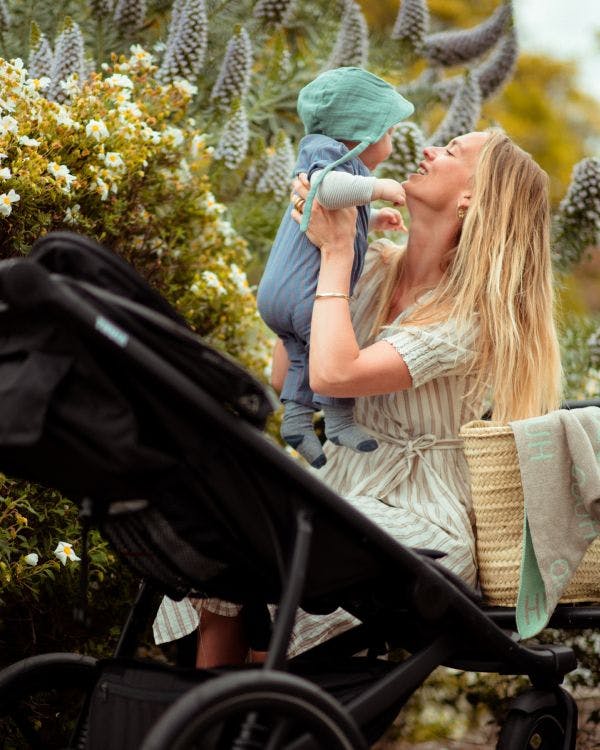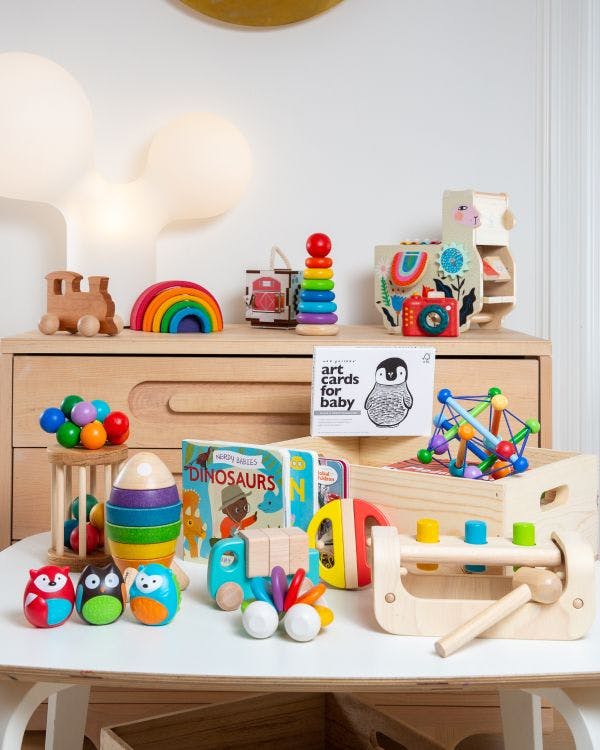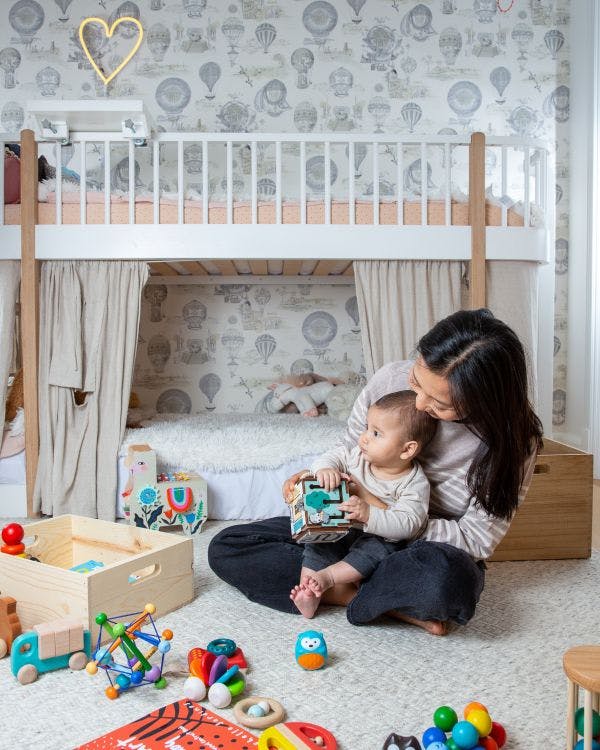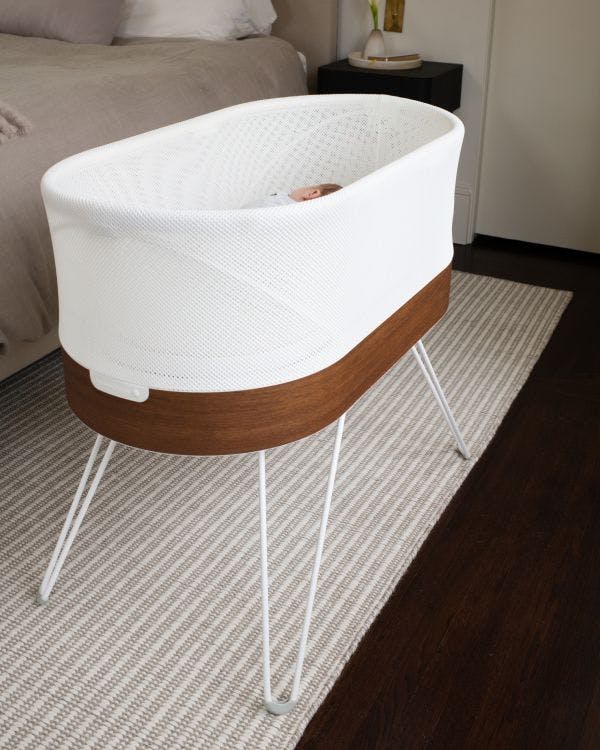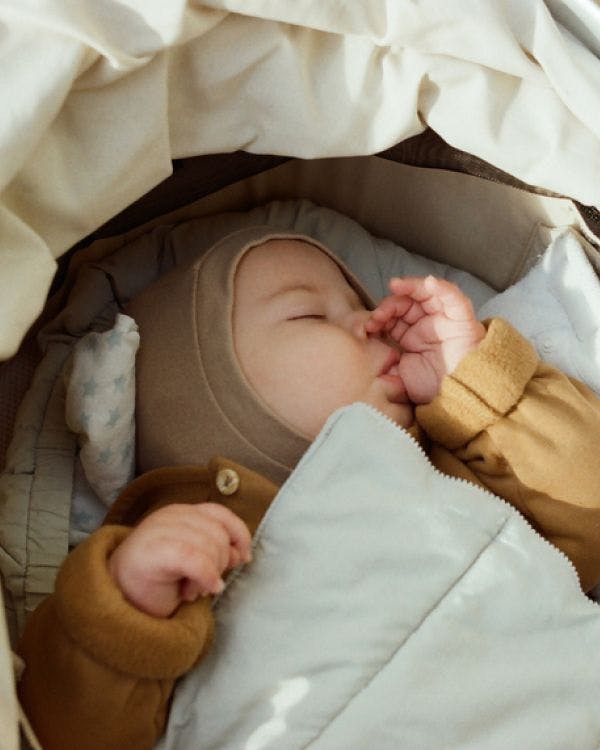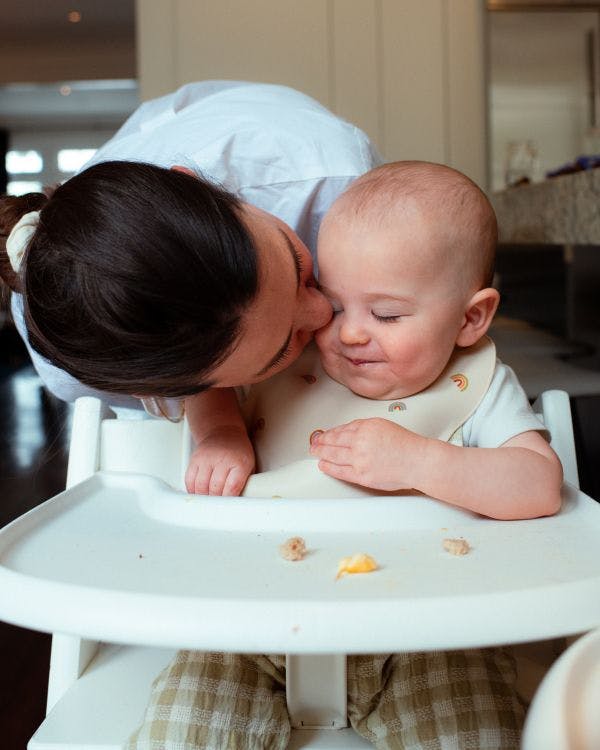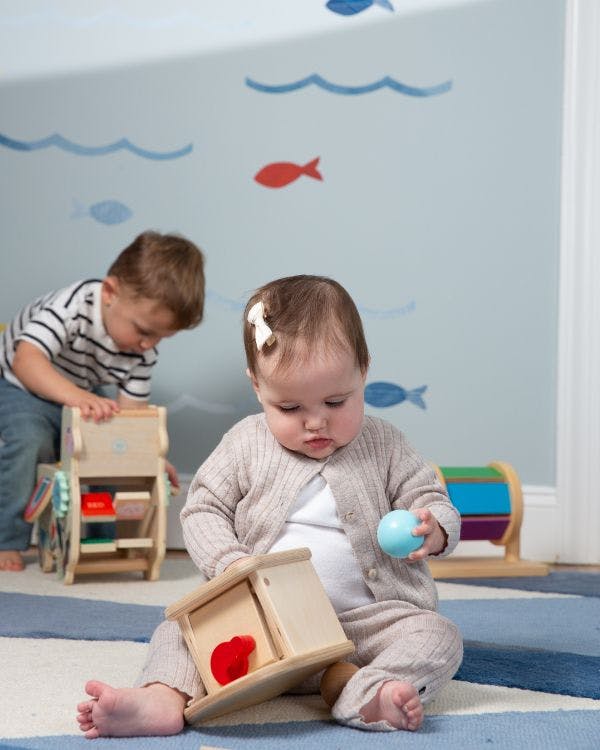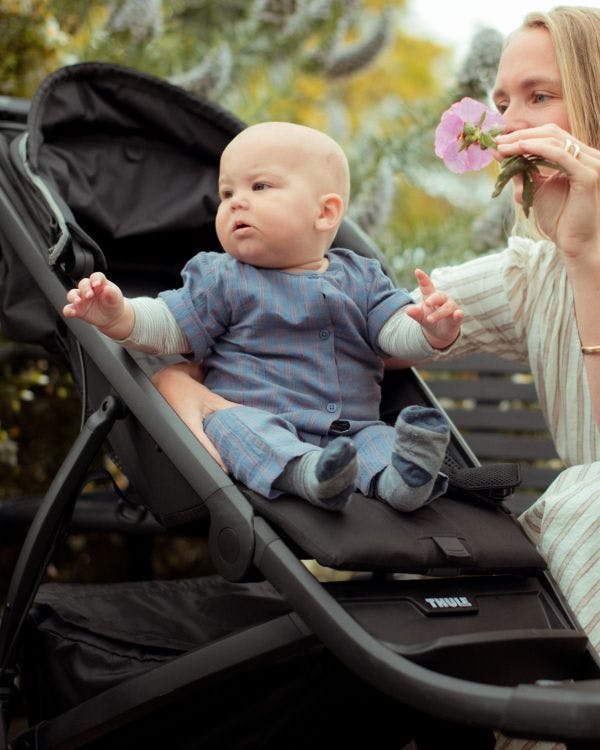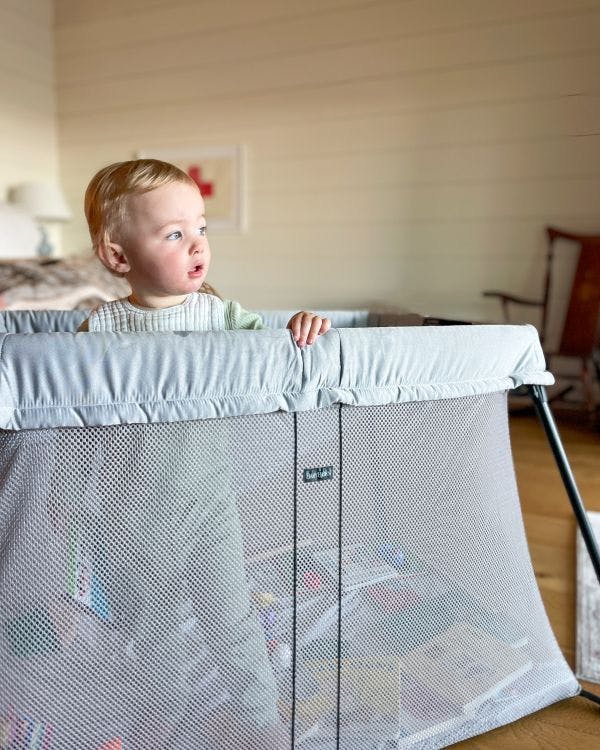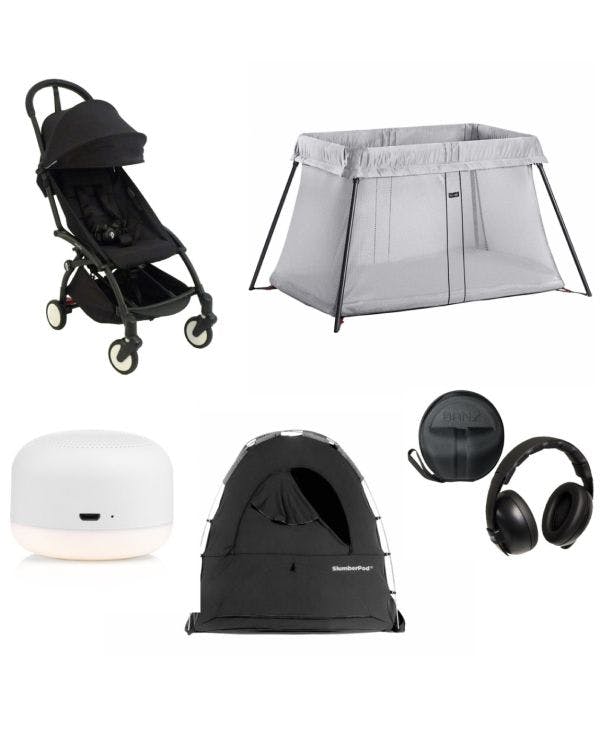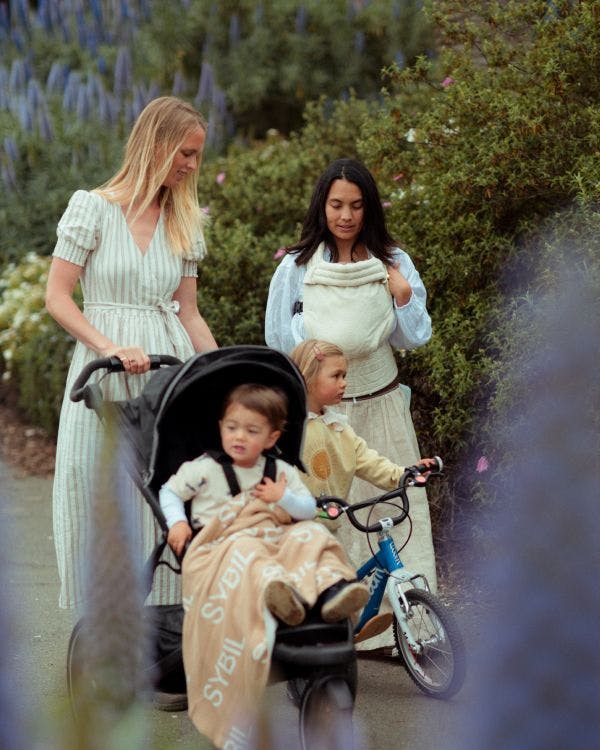LOOPLIFE
>
WHAT IS POSITIVE PARENTING?
FROM LOOP HQ
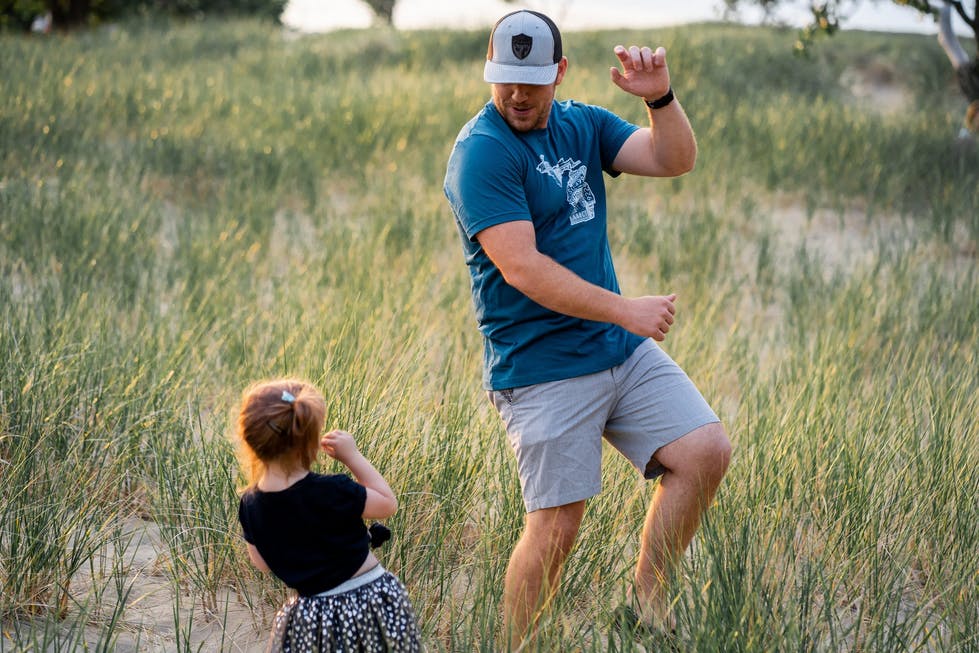
What Is Positive Parenting?
Written by: Lauren Reinhard
Published: December 16, 2022
Positive parenting has become a buzzword in parenting circles these days. But what’s all the hype really about?
Below, you’ll find a quick overview of the concept of positive parenting, along with some helpful tips so that you can begin trying out these techniques with your family!
Positive Parenting: A Quick Overview
Positive parenting rests on the basic idea that kids want to behave in ways that make their caretakers happy. This is best achieved through peaceful discipline methods.
Positive parenting means treating your kids with respect and consideration as you guide them to build habits of appropriate behavior.
Positive parenting has been an increasingly popular concept because of its impressive results. The use of positive parenting techniques has consistently shown to lead to improved parent-child relationships, better self-esteem in parenting, more confident parents, and better grades in school.
The CDC even offers suggestions for positive parenting techniques specific to your child’s age.
Below, the team at Loop has collected some basic tips perfect for any age. Whether you have a baby, a teen, or any age in-between, it’s never too early or too late to begin implementing positive parenting techniques in your home.
4 Beginner Positive Parenting Tips
Maybe you’re new to positive parenting, or perhaps you’ve already tried some techniques. It’s common to hear the complaint that positive parenting is ineffective. However, usually, this just means that the techniques weren’t used correctly.
Here are some basic tips.
1. Consistency Is Key
Failure to be consistent is the number one reason why positive parenting techniques seem like they aren’t working. Consistency is the fundamental way in which you set boundaries and communicate expectations to your child. When boundaries aren’t clear, the result is confused kids and frustrated parents.
Consequences for behavior must be consistently applied. When they’re not, your kids get the message that a consequence only exists sometimes.
Establish your expectation of family rules, and then show consistency in expectations and consequences.
2. Keep It Age-Appropriate
Traditional parenting advice often fails to take into account the changing needs and abilities of children as they grow. Another important positive parenting tip is to recognize your child’s current state of development.
At different ages, children have unique needs and abilities. A thirteen-year-old will likely have the desire for more autonomy than a five-year-old would. A two-year has less impulse-control than a seven-year-old.
It’s important to inform yourself about standard expectations for your child’s current stage of development. Your pediatrician may be helpful in answering questions about developmental milestones. With this information in hand, you can then set expectations that are realistic for your child’s age and ability.
3. Look Behind the Behavior
Another basic tenant of positive parenting is to look behind the behavior for the root cause.
Traditional parenting advice was to react to a child’s behavior. This isn’t always effective. Instead, learn to “practice the pause.”
Develop an intentional habit of stopping and asking why your child might have behaved the way they did. Were they tired, hungry, scared, or overstimulated?
Pause to understand the why, and then show kindness and respect. Traditional discipline measures and misinformed parenting guidance has often failed to respect the basic dignity of children.
Most people don’t like to feel shamed or belittled. That sort of treatment isn’t very motivating or helpful. This is true for adults, but it’s equally true for kids.
4. Time-Outs Are for Parents
Positive parenting tips often maintain that time-outs are for parents. This means that if you’ve reached a level of frustration or anger that makes you unable to implement positive parenting techniques, you should take a short break and remove yourself from the situation.
Keep in mind that this is not meant to be a punishment. Instead, it’s an intentional time to step away, clear your mind, and reset your emotional balance.
Parenting is hard. Positive parenting means extending grace not only to your kids, but also to yourself.
What Positive Parenting Is Not
Sometimes, positive parenting gets a bad rap. There’s a common misconception that positive parenting means raising a child without discipline or boundaries. This type of parenting guidance simply isn’t true.
Most of the time, parents who discount positive parenting advice are individuals who have tried but didn’t manage to successfully follow the foundational tips listed above. If that sounds familiar, it’s not too late to give it another try. Don’t let naysayers deter you from the proven long-term positive effects that come from applying positive parenting tips.
When you’re on a quest to bring a better emotional energy into your parenting practices, Loop has your back. With a wide selection of gear for parents, we take the stress out of keeping your children entertained and supported as they grow. Browse our 12-18 month rental collection or our essential gear today.
You might also like

Annual Warehouse Sale

Summer of Loop

Stroller Showcase
